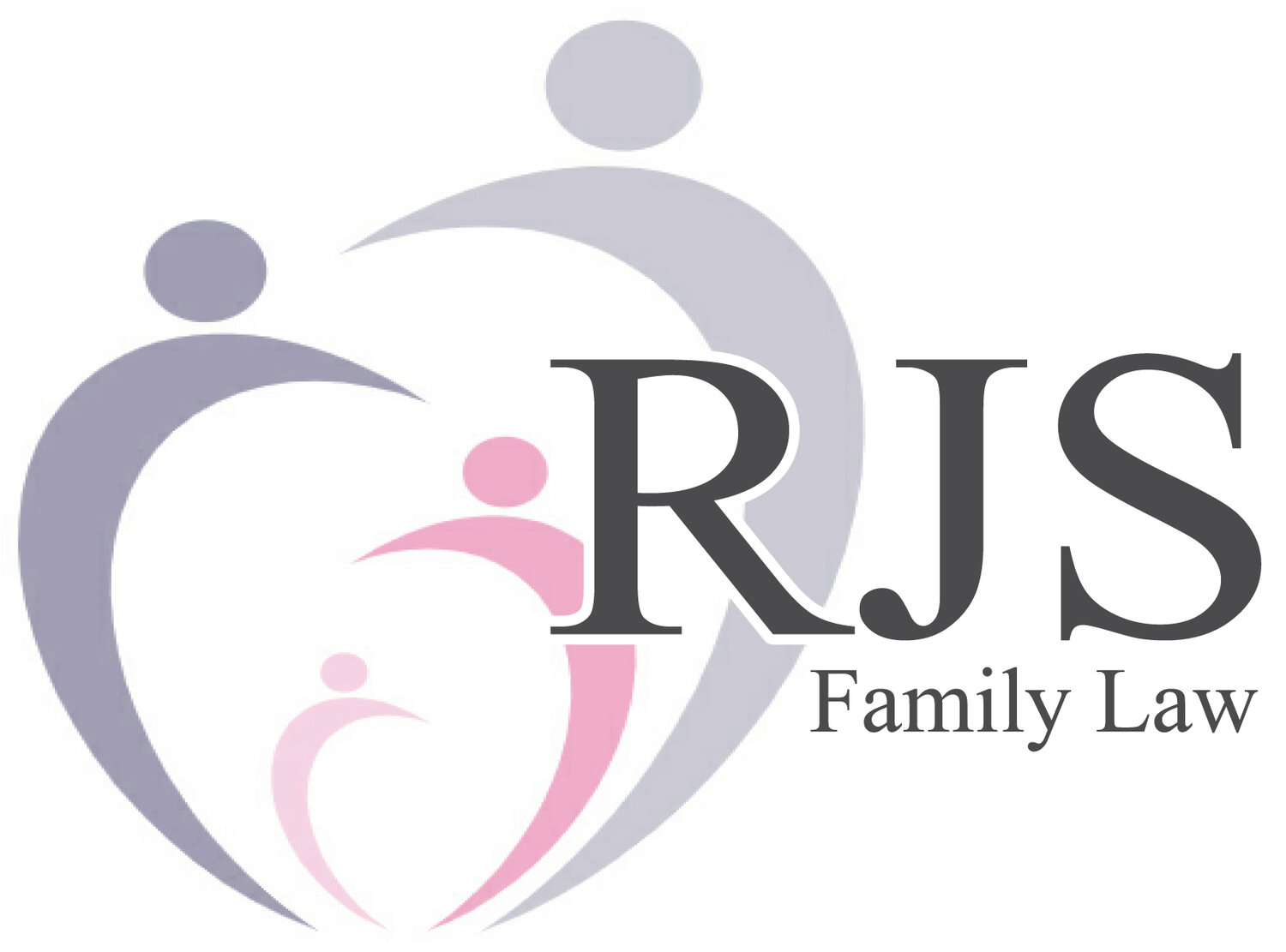Domestic Abuse - Greater Help and Protection with the New ‘Domestic Abuse Act 2021’
‘The Domestic Abuse Act 2021,’ introduced on the 30th April 2021, ‘provides protection to millions of people who experience domestic abuse and further strengthens measures to tackle perpetrators.’
There are approximately 2.3 million victims a year, aged between 17 and 74, who experience some form of domestic abuse; around two thirds of these are females.
Until April of this year the majority of protection centred around physical abuse. However, the new bill encompasses a wider ranging legal definition of domestic abuse to include emotional, coercive controlling behaviour and economic abuse. With this in mind, the new bill tackles such behaviour that makes an individual fear that they will not receive the food or care they need; humiliating and intimidating an individual as well as controlling an individual by restricting their access to money – making them financially ‘trapped’ and dependent. The bill also extends to the sharing of intimate imagery and harm within the bedroom setting; something that’s often masked with the defence of ‘rough sex gone wrong.’
Within the domestic setting, victims can now be given immediate protection from the Police since they’ve been granted the powers to provide ‘Domestic Abuse Protection Notices.’ The courts are also able to hand out ‘Domestic Abuse Protection Orders’ forcing perpetrators to take steps to change their behaviour by seeking mental health support or drug and alcohol rehabilitation. Victims that leave their home to escape abuse and subsequently - find themselves with nowhere to live will benefit from ‘priority need, ’homeless assistance.’
The ‘Domestic Abuse Act 2021’ encourages victims to come forward, by more readily recognising the many non-physical forms of abuse and offering greater levels of protection within the court-room setting. For example, abusers are no longer allowed to directly cross examine their victims, furthermore, victims are given protective screens to prevent court-room intimidation; the possibility also exists of being able to provide evidence via a video link.
If you have any concerns regarding abuse and your safety, please get in touch with RJS Family Law. rjs@rjsfamilylaw.co.uk
